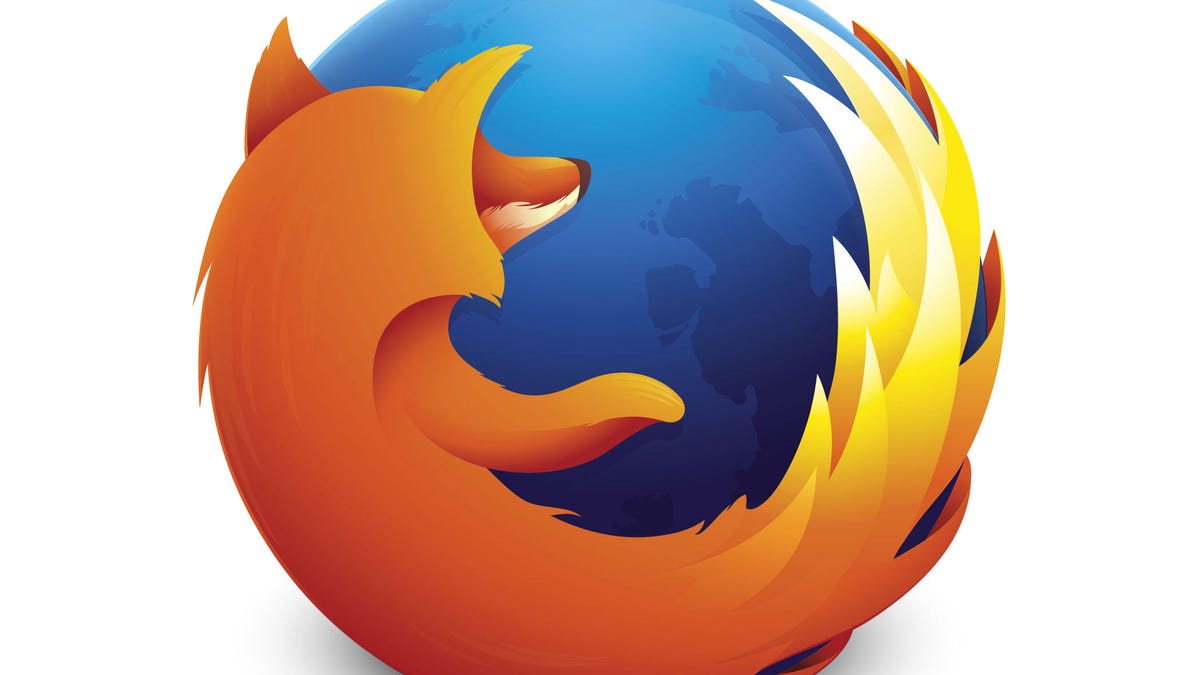Firefox Quantum project aims for a radically faster web
Mozilla hopes to speed up its browser so much by the end of 2017 that today's complex, interactive websites will feel completely different.

Twenty years ago, websites were mostly text documents with a sprinkling of images and hyperlinks to other websites. Now they're interactive experiences with instant messaging pop-ups, autoplaying video, auto-updating articles and animated graphics that swoop around the page as you scroll.
And Mozilla has decided it's time to update its Firefox browser to better cope with this complex reality. On Thursday, the nonprofit organization announced a project called Quantum to dramatically accelerate its browser starting by the end of 2017.
"We are striving for performance gains from Quantum that will be so noticeable that your entire web experience will feel different," David Bryant, Mozilla's head of platform engineering, said in a blog post. "Pages will load faster, and scrolling will be silky smooth. Animations and interactive apps will respond instantly, and be able to handle more intensive content while holding consistent frame rates. And the content most important to you will automatically get the highest priority, focusing processing power where you need it the most."
It's tough but important work -- for you and for Mozilla. The organization has struggled, with vanishingly small usage on phones that are increasingly important parts of our computing experience and gradually dwindling share of usage on PCs where Google's Chrome is more popular.
Even if you've stopped using Firefox, though, Mozilla still has an important role to play. The company helps develop new web standards and establish those developed by other browser makers as tech web programmers can confidently use.
One recent example: Mozilla began the WebVR effort, now supported by Google Chrome and Microsoft Edge , as a way to bring web browsing to 3D virtual-reality headsets like Facebook's Oculus Rift .
At the heart of Firefox today is a browser engine called Gecko, the software that executes website programming instructions and paints the website on your screen. Quantum will build on Gecko, but it'll also draw from Mozilla's newer, experimental browser-engine project, called Servo.
Although Mozilla expects big changes by the end of next year, "a number of these initial updates are expected in the first half 2017," Bryant told CNET.
At Quantum's core is work to tap into modern processor technology, Bryant said. That includes chips that have multiple cores that can work in parallel, and graphics chips that can dramatically accelerate some operations.
The software will run on personal computers using Windows, MacOS and Linux and on mobile devices powered by Android. Right now Apple only permits its own browser engine, WebKit, on iPhones and iPads, but, Bryant added, "someday we hope to offer this new engine for iOS too."
Mobile devices running Quantum-flavored Firefox should see lower power consumption as well as better performance. "We do think Project Quantum will be especially significant on mobile, as for example best use of available hardware can have considerable potential benefits for battery life," Bryant said.
First published October 27, 10 a.m. PT.
Update, 4:58 p.m.: Adds further comment from Mozilla.

